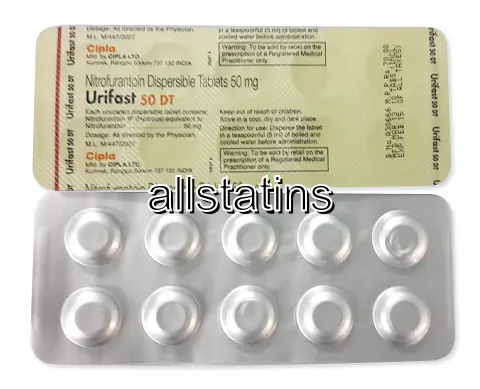| Package | Dosage | Price | Price per Dose | |
|---|---|---|---|---|
| Dosage: 50mg | ||||
| 300 pill | 50mg | AUD531.69 | AUD1.78 | |
| 200 pill | 50mg | AUD396.41 | AUD1.98 | |
| 100 pill | 50mg | AUD233.12 | AUD2.34 | |
| Dosage: 100mg | ||||
| 360 pill | 100mg | AUD607.64 | AUD1.70 | |
| 180 pill | 100mg | AUD320.33 | AUD1.78 | |
| 120 pill | 100mg | AUD249.14 | AUD2.08 | |
| 90 pill | 100mg | AUD205.92 | AUD2.29 | |
| 60 pill | 100mg | AUD149.98 | AUD2.52 | |
| 30 pill | 100mg | AUD88.96 | AUD2.97 | |

Nitrofurantoin Description
Understanding Nitrofurantoin
Nitrofurantoin is an antibiotic commonly prescribed for the treatment and prevention of urinary tract infections (UTIs). Its effectiveness lies in its ability to target bacteria directly within the urinary tract, making it a preferred choice for many healthcare providers. The medication works by interfering with bacterial enzymes and cellular functions, ultimately leading to the destruction of the bacteria causing the infection. This targeted action helps to reduce the risk of resistance and ensures that the infection is cleared efficiently.
Medical Uses and Effectiveness
Nitrofurantoin is primarily used to treat uncomplicated lower urinary tract infections, including cystitis. It is especially effective against common pathogens such as Escherichia coli, which is responsible for many UTIs. Patients often find relief within a few days of starting treatment. Healthcare providers also sometimes prescribe it as a preventive measure for recurrent UTIs, especially in patients who experience frequent infections. The medication’s ability to concentrate in urine makes it a strong candidate for combating infections localized in the urinary system.
Dosage and Administration
The typical dosage of Nitrofurantoin varies depending on the severity of the infection and patient-specific factors. Usually, it is prescribed in capsule form, taken orally with food to enhance absorption and minimize gastrointestinal discomfort. Patients are advised to complete the full course of treatment, even if symptoms improve early. Proper hydration is also recommended during treatment for optimal drug efficacy and to prevent possible side effects. It is essential to follow the healthcare provider’s instructions carefully to ensure recovery and prevent resistance.
Possible Side Effects and Precautions
Like many antibiotics, Nitrofurantoin can cause side effects. Common ones include nausea, stomach upset, and headache. Some patients may also experience dizziness or rash. More rarely, it can lead to lung or nerve problems, especially when used for extended periods. Patients with existing kidney issues or liver conditions should notify their healthcare provider before using this medication. It is not suitable for pregnant women in the later stages of pregnancy or for infants under a certain age. Regular monitoring by a healthcare professional is advised during treatment to catch any adverse reactions early.
Interactions and Safety Tips
Nitrofurantoin may interact with other medications, such as antacids containing magnesium trisilicate, which can reduce its effectiveness. Patients should inform their healthcare provider about all medications they are taking. Ensuring proper hydration and adherence to prescribed dosages can help minimize side effects. If any signs of allergic reactions, severe dizziness, or breathing difficulties occur, immediate medical attention should be sought. It is also important to avoid alcohol and certain foods during treatment, as they may interfere with the medication’s activity or increase side effects.
See Also
